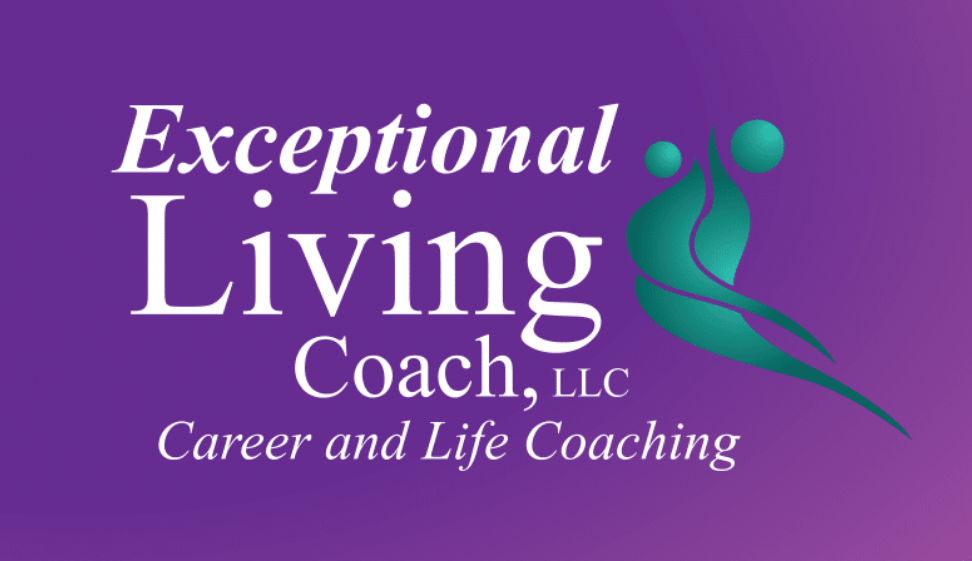What Makes a Good Leader?
Leaders shape our nations, our communities, and our organizations.
They are visionaries who motivate and encourage their teams to reach the desired outcome.
We can be quick to identify a bad leader. But what about a good one? What makes a good leader?
I am often asked this question in some form or other from my coaching clients. They wonder if learning forecasting or Six Sigma would help them advance to a leadership role. Or perhaps getting an MBA or project management certification.
Certainly, those hard skills can be supportive of moving into a leadership position, but they will not likely facilitate people to follow. Strong hard skills are the backbone of a solid individual contributor.
Having a strong, yet fluid, understanding of your industry and business model are key knowledge bases to develop. Continuing your education can contribute to this.
Good leadership is supported by gaining and honing specific skills and qualities which enable you to be a role model for a team in any environment.
Often, it’s soft skills that pave the way to moving up the career ladder and into “the corner officeâ€.
Soft skills tend to be innate but can be improved if yours are not up to snuff yet. Communication, open-mindedness, confidence, sense of humor and a positive attitude are great examples of leadership traits. I’ve created a more extensive list which is at the end of this article.
Well developed emotional intelligence lays the foundation for most of these soft skills. See my previous 5-part series called ‘Up Your EQ’ for tips.
If you’re truly serious about developing or honing your leadership skills, start by having a conversation with your boss to discuss your career goals and get feedback on what needs work.
Consider doing a 360 assessment which is an employee evaluation tool that includes feedback from supervisors, subordinates, colleagues and customers. This creates a broader view of the employee’s performance based on the impact of relationships with key stakeholders. Your boss, HR or an executive coach can help with this process.
Next, choose a skill or quality that you have identified from your meeting, from the 360 or from the list below and educate yourself about that. What does it look like in others? Identify it in books, meetings, movies and even in the grocery store.
Make a decision on how and where you’d like to start practicing it. Make small changes to your habits and notice the outcome. Ask for feedback.
If you’d like some structure and accountability for this process, sign up for your company’s leadership development program or hire an executive coach. The process will be smoother and is usually quicker with a higher level of satisfaction.
Now that you have identified what makes a good leader, you’re one step closer to becoming one. Leadership qualities are learnable. If you practice consistently, you can be a great leader, too.
Reach out and let me know what your thoughts are on what makes a good leader.
I’ll leave you with these two quotes from an ancient leader and a more modern day one.
“A leader is best when people barely know he exists, when his work is done, his aim fulfilled, they will say: we did it ourselves.†Lao Tzu
“Management is about persuading people to do things they do not want to do, while leadership is about inspiring people to do things they never thought they could.†Steve Jobs
What Makes a Great Leader (remember to just pick one quality at a time to focus on):
- They communicate clearly and listen actively.Â
- They’re passionate about their work.Â
- They don’t care about being popular.Â
- They are curious and keep their minds open.Â
- They work for their employees and are committed to their professional development.Â
- They’re positive, optimistic and encouraging.Â
- They respect others.Â
- They build relationships and demonstrate empathy.Â
- They lead by example.Â
- They never stop learning, have learning agility and a growth mindset.Â
- They are authentically confident.
- They embrace failure and take responsibility for it.
- They know how and when to delegate.
- They have a willingness to understand human nature.
- They know their purpose.
- They have a clear vision.
- They have perseverance and tenacity.
- They are decisive.
- They inspire creativity and innovation in others.
- They demonstrate integrity and ethical behavior.
- They have a high level of self-awareness.
- They are grateful.
- They can authentically influence others.
- They demonstrate excellent problem solving skills.
- They know how to manage change.
- They place high priority on creating a safe and inclusive workplace.
- They respond rather than react
- They have well developed coaching skills.
- They have well-developed conflict resolution skills.
- When they run into something that they don’t have the skill for they seek out solutions via books and other written material or via people such as a trusted colleague, mentor, consultant or coach.
